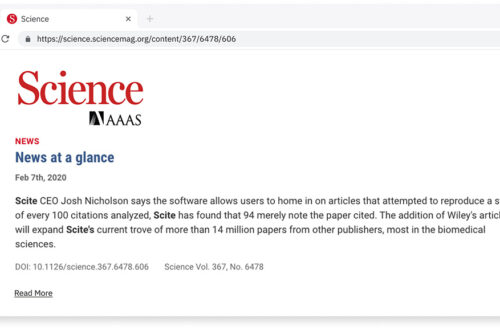General Overview of Research Article Reading in a PhD Program
Importance of Research Article Reading
In a PhD program, research article reading holds immense importance. It allows students to stay updated with the latest developments in their field, understand current research trends, and gain insights from experts in the field. By engaging with research articles, students can sharpen their critical thinking skills, broaden their knowledge base, and enhance their research capabilities.Factors Influencing Research Article Reading Habits of PhD Students
Field of Study
In the realm of PhD studies, the field of study heavily influences research article reading habits. Each discipline comes with its own set of journals, publications, and preferred sources of information. Consequently, students tend to focus on literature that is directly relevant to their area of expertise, shaping their reading patterns accordingly.Personal Learning Style
Moreover, the personal learning style of PhD students plays a significant role in determining their research article reading habits. Some students may prefer to read extensively and deeply immerse themselves in a wide range of articles, while others may opt for more targeted and focused reading based on their learning preferences and habits.Average Number of Research Articles Read by PhD Students
Quantitative Data on Article Consumption
When it comes to reading research articles, the average number read by PhD students varies based on their field of study and personal learning style. The field of study significantly influences the number of articles students consume, with disciplines having different amounts of literature to cover. Additionally, personal learning styles play a crucial role; some students may read a high volume of articles to deeply immerse themselves, while others prefer a more targeted approach. These factors collectively determine the average number of research articles read by PhD students.Qualitative Insights on Reading Patterns
In understanding PhD students’ reading habits, qualitative insights reveal the nuances behind their article consumption. Factors such as the depth of engagement with the literature, preferred sources of information, and individual preferences shape how students approach reading. While some students focus on breadth, others prioritize depth in their reading patterns. This qualitative perspective provides a deeper understanding of the motivations and behaviors that influence the average number of research articles read by PhD students.Variation in Article Consumption Across Disciplines
STEM Fields vs. Humanities and Social Sciences
In exploring the variation in article consumption among PhD students, it becomes evident that disciplines play a pivotal role. Students in STEM fields often engage with a higher volume of research articles due to the nature of their studies, which require more rigorous literature review. Conversely, students in humanities and social sciences may focus on fewer articles but delve deeper into critical analysis and interpretation. This distinction showcases how the field of study influences the average number of articles read by PhD students.Impact of Research Area on Article Reading Frequency
Furthermore, the specific research area within a discipline can also impact the frequency of article consumption among PhD students. For instance, students in specialized fields may need to read a more extensive range of articles to stay abreast of emerging trends and developments. Conversely, students in broader research areas may concentrate on foundational literature to build a strong theoretical framework. These nuances highlight the nuanced relationship between research areas and article reading frequencies.Strategies for Effective Research Article Reading in a PhD Program
Time Management Tips
When embarking on research article reading in a PhD program, effective time management is crucial. PhD students can optimize their reading schedules by setting aside dedicated time slots for article consumption each day. Breaking down reading sessions into manageable chunks helps maintain focus and comprehensiveness. Additionally, prioritizing articles based on relevance to research goals ensures efficient use of time while staying well-informed in the field.Note-Taking and Summarizing Techniques
Incorporating effective note-taking and summarizing techniques is essential for maximizing comprehension and retention of research content. By condensing key points, findings, and insights into concise summaries, PhD students can create valuable reference materials for future research endeavors. Strategic note-taking also aids in synthesizing information from multiple articles, enabling a comprehensive understanding of research paradigms and methodologies.
Facebook
Twitter
LinkedIn






